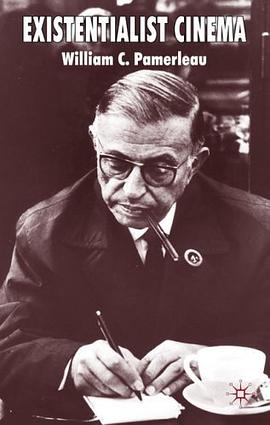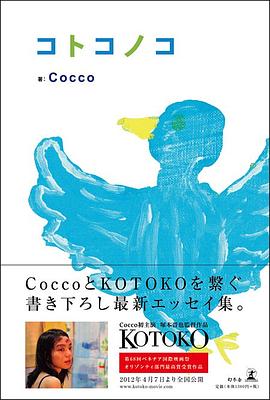

The Documentary: Politics, Emotion, Culture proposes that emotions such as pleasure, hope, pain, empathy or nostalgia play a powerful role in the circulation and reception of documentaries. Emotion shapes how political issues and individuals are represented and perceived in documentary and it is crucial to how we engage with the vicissitudes of the public sphere. In the past documentary has been popularly perceived in ways that align it with education, science, history and the rational realm. This frame has never been adequate for understanding the broad array of styles and themes that can be seen in the documentary genre. Focusing on the question of subjectivity, Smaill analyses different kinds of individuals that can be found in documentaries, such as the female porn star, the politically disenfranchised, children, or the documentary auteur. She envisages an interdisciplinary approach to documentary drawing on scholarship from not only film studies, but also gender studies, queer theory, cultural theories of affect, critical race studies, political theory and psychoanalysis.
具体描述
读后感
评分
评分
评分
评分
用户评价
相关图书
本站所有内容均为互联网搜索引擎提供的公开搜索信息,本站不存储任何数据与内容,任何内容与数据均与本站无关,如有需要请联系相关搜索引擎包括但不限于百度,google,bing,sogou 等
© 2025 book.wenda123.org All Rights Reserved. 图书目录大全 版权所有




















